Editor’s note: The following is extracted from Famous Men of Ancient Times, by S. G. Goodrich (published 1843). All spelling in the original.
Mantua, the capital of New Etruria itself built three centuries before Rome, had the honor of giving birth to Publius Virgilius Maro. This event happened on or near the fifteenth of October, seventy years B. C, or during the first consulship of Pompey the Great and Licinius Crassus. Who his father was, and even to what country he belonged, has been the subject of much dispute. Some assert that he was a potter of Andes; but the most probable account is, that he was either a wandering astrologer, who practised physic, or a servant to one of this learned fraternity. It is observed by Juvenal, that medicus, magus usually went together, and that this course of life was principally followed by the Greeks and Syrians; to one of these nations, therefore, it is presumed, Virgil owes his birth. His mother, Maia, was of good extraction, being nearly related to Quintilius Varus, of whom honorable mention is made in the history of the second Carthaginian war.
It appears that all due attention was paid to young Virgil’s education. He passed through his initiatory exercises at Mantua; thence he removed to Cremona, and afterwards to Milan. In all these places he prosecuted his studies with the most diligent application, associating with the eminent professors of every department of science, and devoting whole nights to the best Latin and Greek authors. In the latter he was greatly assisted by his proximity to Marseilles, the only Greek colony that maintained its refinement and purity of language, amidst the overwhelming influence of all the barbarous nations that surrounded it. At first, he devoted himself to the Epicurean philosophy, but receiving no satisfactory reason for its tenets from his master, the celebrated Syro, he passed over to the academic school, where physics and mathematics became his favorite sciences; and these he continued to cultivate, at leisure moments, during his whole life.
At Milan, he composed a great number of verses on various subjects, and, in the warmth of early youth, framed a noble design of writing an heroic poem, on the Wars of Rome; but, after some attempts, he was discouraged from proceeding, by the abruptness and asperity of the old Roman names.
It is said that he here formed the plan and collected the materials for his principal poems. Some of these he had even begun; but a too intense application to his studies, together with abstinence and night-watching, had so impaired his health, that an immediate removal to a more southern part of Italy was deemed absolutely necessary for the preservation of his existence. He fixed upon Naples, and visiting Rome in his way, had the honor, through the interest of his kinsman and fellow-student, Varus, of being introduced to the emperor, Octavius, who received him with the greatest marks of esteem, and earnestly recommended his affairs to the protection of Pollio, then lieutenant of Cisalpine Gaul, where Virgil’s patrimony lay, and who generously undertook to settle his domestic concerns. Having this assurance, he pursued his journey to Naples. The charming situation of this place, the salubrity of the air, and the constant society of the greatest and most learned men of the time, who resorted to it, not only re-established his health, but contributed to the formation of that style and happy turn of verse in which he surpassed all his contemporaries.
To rank among the poets of their country, was, at this time, the ambition of the greatest heroes, statesmen, and orators of Rome. Cicero, Octavius, Pollio, Julius Cæsar, and even the stoical Brutus, had been carried away by the impetuosity of the stream; but that genius which had never deserted them in the forum, or on the day of battle, shrunk dismayed at a comparison with the lofty muse of Virgil; and, although they endeavored, by placing their poems in the celebrated libraries, to hand them down to posterity, scarcely a single verse of these illustrious authors survived the age in which they lived. This preponderence of fashion, however, was favorable to Virgil; he had for some time devoted himself to the study of the law, and even pleaded one cause with indifferent success; but yielding now to the impulse of the age and his own genius, he abandoned the profession and resumed with increased ardor the cultivation of that talent for which he afterwards became so distinguished.
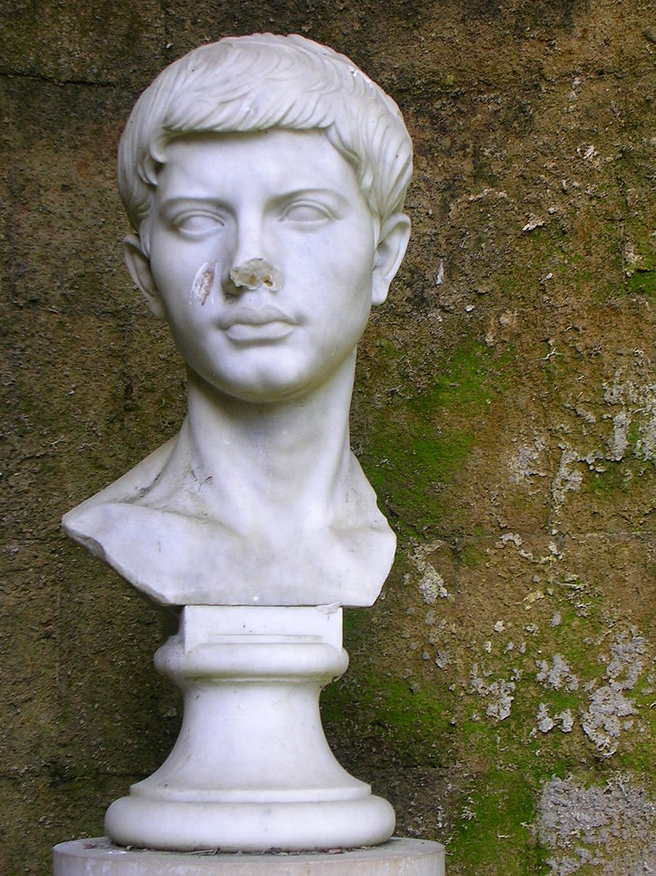
Captivated at an early age by the pastorals of Theocritus, Virgil was ambitious of being the primitive introducer of that species of poetry among the Romans. His first performance in this way, entitled Alexis, is supposed to have appeared when the poet was in his twenty-fifth year. Palæmon, which is a close imitation of the fourth and fifth Idyls of Theocritus, was probably his second; but as this period of the life of Virgil is enveloped in a considerable degree of obscurity,—few writers on the subject having condescended to notice such particulars as chronological arrangement,—little more than surmise can be offered to satisfy the researches of the curious. The fifth eclogue was composed in allusion to the death and deification of Cæsar, and is supposed to have been written subsequently to Silenus, his sixth eclogue. This is said to have been publicly recited on the stage, by the comedian Cytheris, and to have procured its author that celebrity and applause to which the peculiar beauty and sweetness of the poem so justly entitled him.
The fatal battle of Philippi, in which Augustus and Antony were victorious, at once annihilated every shadow of liberty in the commonwealth. Those veteran legions, who had conquered the world, fought no more for the dearest rights of their country. Having been once its protectors, they now became its ravagers. As the amor patria no longer inspired them, the treasury of the Roman empire proved inadequate to allay their boundless thirst for wealth. Augustus, therefore, to silence their clamors, distributed among them the flourishing colony of Cremona, and, to make up the deficiency, added part of the state of Mantua. In vain did the miserable mothers, with famishing infants at their breasts, fill the forum with their numbers, and the air with their lamentations; in vain did the inhabitants complain of being driven, like vanquished enemies, from their native homes. Such scenes are familiar to the conquerors in a civil war; and those legions, which had sacrificed their own and their country’s liberty, must be recompensed at the expense of justice and the happiness of thousands. Virgil, involved in the common calamity, had recourse to his old patrons, Pollio and Mecænas;[1] and, supported by them, petitioned Augustus not only for the possession of his own property, but for the reinstatement of his countrymen in theirs also; which, after some hesitation, was denied, accompanied by a grant for the restitution of his individual estate.
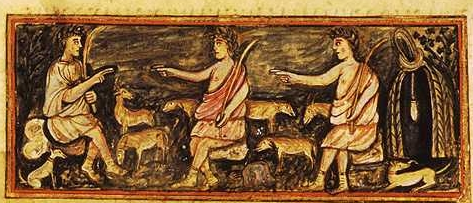
Full of gratitude for such favor, Virgil composed his Tityrus, in which he has introduced one shepherd complaining of the destruction of his farm, the anarchy and confusion of the times; and another rejoicing that he can again tune his reed to love amidst his flocks; promising to honor, as a superior being, the restorer of his happiness.
Unfortunately for Virgil, his joy was not of long continuance, for, on arriving at Mantua, and producing his warrant to Arrius, a captain of foot, whom he found in possession of his house, the old soldier was so enraged at what he termed the presumption of a poet, that he wounded him dangerously with his sword, and would have killed him had he not escaped by swimming hastily over the Mincius. Virgil was, therefore, compelled to return half the length of Italy, with a body reduced by sickness, and a mind depressed by disappointment, again to petition Augustus for the restoration of his estate. During this journey, which, from the nature of his wound, was extremely slow, he is supposed to have written his Moeris, or ninth eclogue; and this conjecture is rendered more probable by the want of connexion, perceivable through the whole composition—displaying, evidently, the disorder at that time predominant in the poet’s mind. However, on his arrival at Rome, he had the satisfaction to find that effectual orders had been given in his behalf, and the farm was resigned into the hands of his procurator or bailiff, to whom the above pastoral is addressed.
The Sibylline Oracles, having received information from the Jews that a child was to be born, who should be the Saviour of the world, and to whom nations and empires should bow with submission, pretended to foretell that this event would occur in the year of Rome, 714, after the peace concluded between Augustus and Antony. Virgil, viewing this prophecy with the vivid imagination of a poet, and willing to flatter the ambition of his patron, composed his celebrated eclogue, entitled Pollio, in which he supposes the child, who was thus to unite mankind and restore the golden age, to be the offspring of Octavia, wife of Antony, and half sister to Augustus. In this production, the consul Pollio, Octavia, and even the unborn infant, are flattered with his usual delicacy; and the rival triumviri, though a short time before in open hostility, have the honor of equally sharing the poet’s applause.
While Pollio, who seems to have been the most accomplished man of his age, and is celebrated as a poet, soldier, orator and historian, was engaged in an expedition against the Parthini, whom he subdued, Virgil addressed to him his Pharmaceutria, one of the most beautiful of all his eclogues, and in imitation of a poem of the same name, by his favorite author, Theocritus. This production is the more valuable, as it has handed down to posterity some of the superstitious rites of the Romans and the heathen notions of enchantment. Virgil himself seems to have been conscious of the beauty of his subject, and the dignity of the person whom he was addressing; and, accordingly, has given us, by the fertility of his genius and the brilliancy of his imagination, some of the most sublime images that are to be found in any of the writings of antiquity.
By the advice, and indeed at the earnest entreaty of Augustus, Virgil, in his thirty-fourth year, retired to Naples, and formed the plan of his Georgics: a design as new in Latin verse, as pastorals, before his, were in Italy. These he undertook for the interest, and to promote the welfare, of his country. As the continual civil wars had entirely depopulated and laid waste the land usually appropriated for cultivation, the peasants had turned soldiers, and their farms became scenes of desolation. Famine and insurrection were the inevitable consequences that followed such overwhelming calamities. Augustus, therefore, resolved to revive the decayed spirit of husbandry, and began by employing Virgil to recommend it with all the insinuating charms of poetry. This work took up seven of the most vigorous years of his life, and fully answered the expectations of his patron.
Augustus, having conquered his rival, Antony, gave the last wound to expiring liberty, by usurping the exclusive government of the Roman empire. To reconcile a nation, naturally jealous of its freedom, to this, seems to have been the grand object of Virgil, in his Æneid. This poem was begun in the forty-fifth year of the author’s life, and not only displays admirable poetical genius, but great political address. Not an incident that could in any way tend to flatter the Roman people into a submission to the existing government, has escaped his penetrating judgment. He traces their origin to the Trojans, and makes Augustus a lineal descendant of Æneas. At the command of the gods they obey him, and in return are promised the empire of the world.
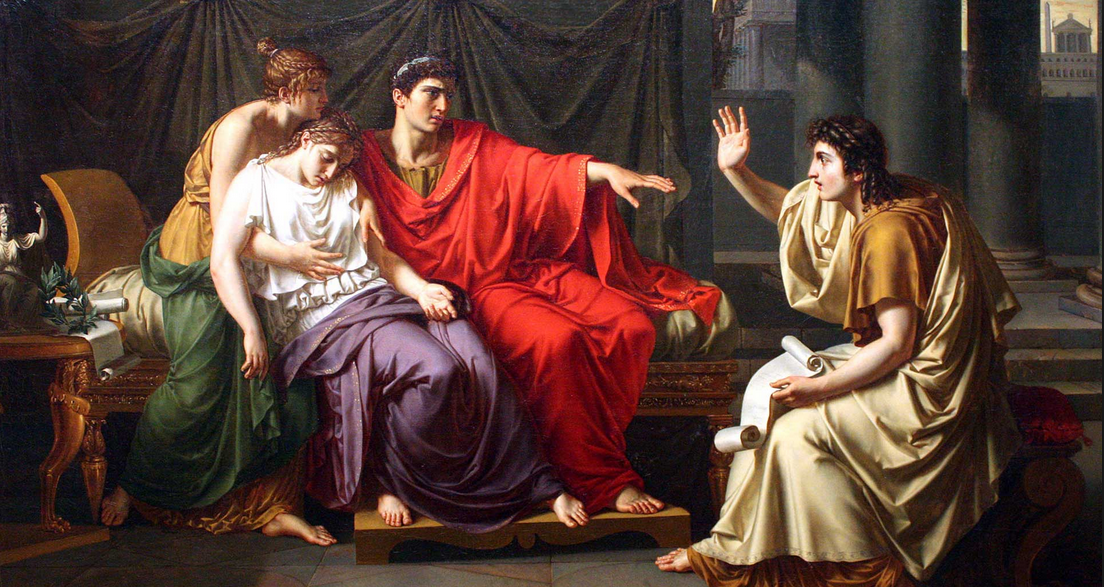
So anxious was Augustus as to the result of this poem, that he insisted upon having part of it read before the whole was completed. Gratitude, after threats and entreaties had been used in vain, at length induced its author to comply; and, knowing that Octavia, who had just lost her son, Marcellus, would be present, Virgil fixed upon the sixth book, perhaps the finest part of the whole Æneid. His illustrious auditors listened with all the attention which such interesting narrative and eloquent recital demanded, till he came to that beautiful lamentation for the death of young Marcellus, and where, after exhausting panegyric, he has artfully suppressed the name of its object, till the concluding verse:
Tu Marcellus eris.
At these words, Octavia, overcome with surprise and sorrow, fainted away; but, on recovering, was so highly gratified at having her son thus immortalized, that she presented the poet with ten sesterces for each line; amounting, in the whole, to about ten thousand dollars.
Having at length brought his Æneid to a conclusion, Virgil proposed travelling into Greece, and devoting three years to the correction and improvement of his favorite work. Having arrived at Athens, he met with Augustus, who was returning from a victorious expedition to the East, and who requested the company of the poet back to Italy. The latter deemed it his duty to comply; but, being desirous to see as many of the Grecian antiquities as the time would allow, went for that purpose to Megara. Here he was seized with a dangerous illness, which, from neglect, and the agitation of the vessel in returning to Italy, proved mortal, at Brundusium. Thus the great poet died on the twenty-second of September, nineteen years B. C, and at a period when he had nearly completed his fifty-second year. He expired with the greatest tranquillity; and his remains, being carried to Naples, were interred in a monument, erected at a small distance from the city; where it is still shown, with the following inscription, said to have been dictated by him on his death-bed:
Mantua me genuit; Calabri rapuere, tenet nunc Parthenope; cecini pascua, rura, duces.
In his will he had ordered that the Æneid should be burnt, not having finished it to his mind; but Augustus wisely forbade the destruction of a performance which will perpetuate his name, as one of the greatest of poets. It was, therefore, delivered to Varius and Tucca, Virgil’s intimate friends, with the strictest charge to make no additions, but merely to publish it correctly, in the state it then was.
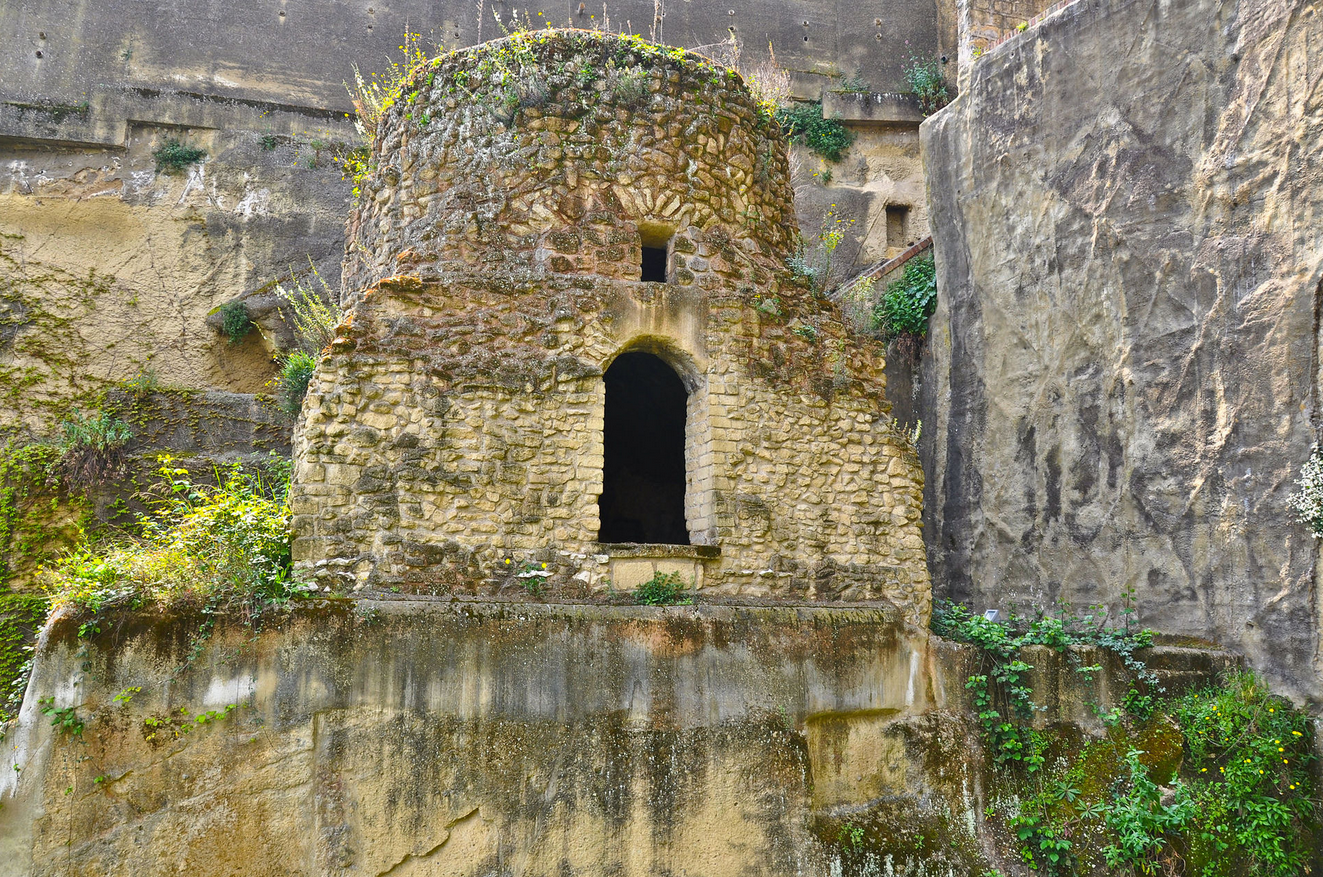
In person, Virgil was tall, and wide-shouldered, of a dark swarthy complexion, which probably proceeded from the southern extraction of his father; his constitution was delicate, and the most trifling fatigue, either from exercise or study, produced violent headache and spitting of blood. In temper he was melancholy and thoughtful, loving retirement and contemplation. Though one of the greatest geniuses of his age, and the admiration of the Romans, he always preserved a singular modesty, and lived chastely when the manners of the people were extremely corrupt. His character was so benevolent and inoffensive, that most of his cotemporary poets, though they envied each other, agreed in loving and esteeming him. He was bashful to a degree of timidity; his aspect and behavior was rustic and ungraceful; yet he was so honored by his countrymen, that once, coming into the theatre, the whole audience rose out of respect to him. His fortune was large, supposed to be about seventy thousand pounds sterling, besides which he possessed a noble mansion, and well-furnished library on the Esquiline Mount, at Rome, and an elegant villa in Sicily. Both these last, he left to Mecænas, at his death, together with a considerable proportion of his personal property; the remainder he divided between his relations and Augustus,—the latter having introduced a politic fashion of being in everybody’s will, which alone produced a sufficient revenue for a prince.
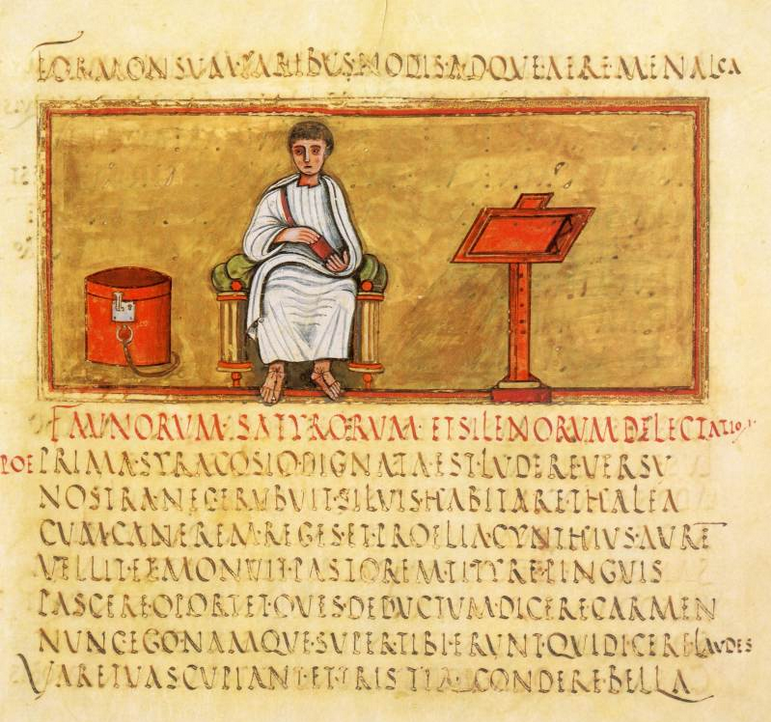
The works of Virgil are not only valuable for their poetic beauties, but for their historical allusions and illustrations. We here find a more perfect and satisfactory account of the religious customs and ceremonies of the Romans, than in any other of the Latin poets, Ovid excepted. Everything he mentions is founded upon historical truth. He was uncommonly severe in revising his poetry—and often compared himself to a bear that licks her cubs into shape.
In his intercourse with society, Virgil was remarkable; his friends enjoyed his unbounded confidence, and his library and possessions in Rome were so liberally offered for the use of those who needed them, as to seem to belong to the public. Amiable and exemplary, however, as he was, he had bitter enemies; but their revilings only served to add lustre to his name and fame.
____________________________________
[1] Mecænas, a celebrated Roman, who distinguished himself by his liberal patronage of learned men and letters. His fondness for pleasure removed him from the reach of ambition, and he preferred to live and die a knight, to all the honors and dignities that the Emperor Augustus could heap upon him. The emperor received the private admonitions of Mecænas in the same friendly way in which they were given. Virgil and Horace both enjoyed his friendship. He was fond of literature, and from the patronage which the heroic and lyric poets of the age received from him, patrons of literature have ever since been called by his name. Virgil dedicated to him his Georgics and Horace his Odes. He died eight years B. C.
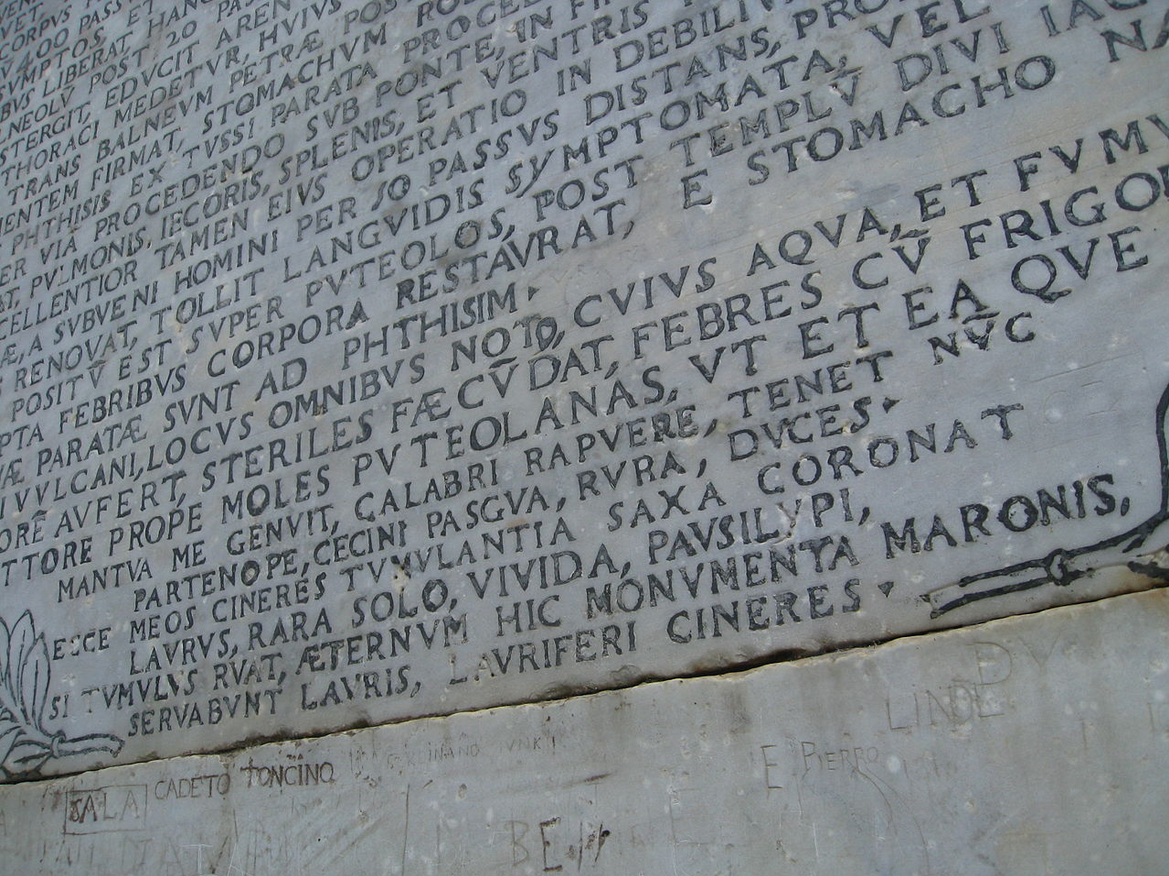

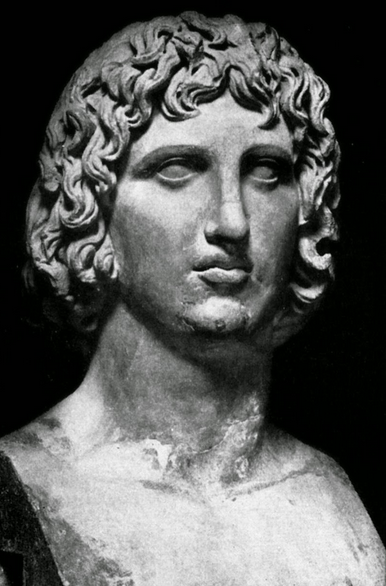


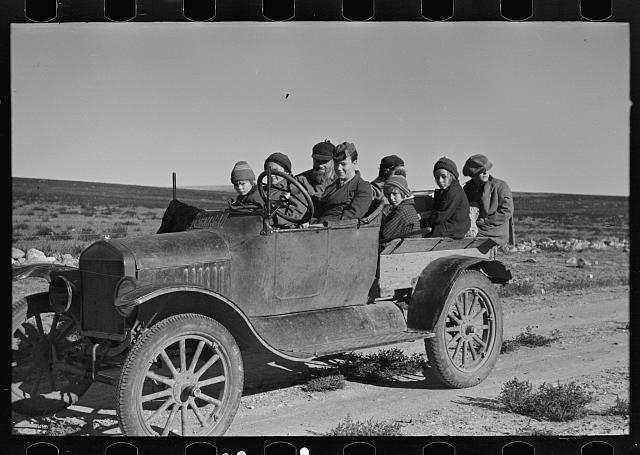





Thanks for posting. The 19th century histories, when not too turgid are a joy to read.
Glad you found it interesting. I try to refrain from posting the more tedious Victorian works here.